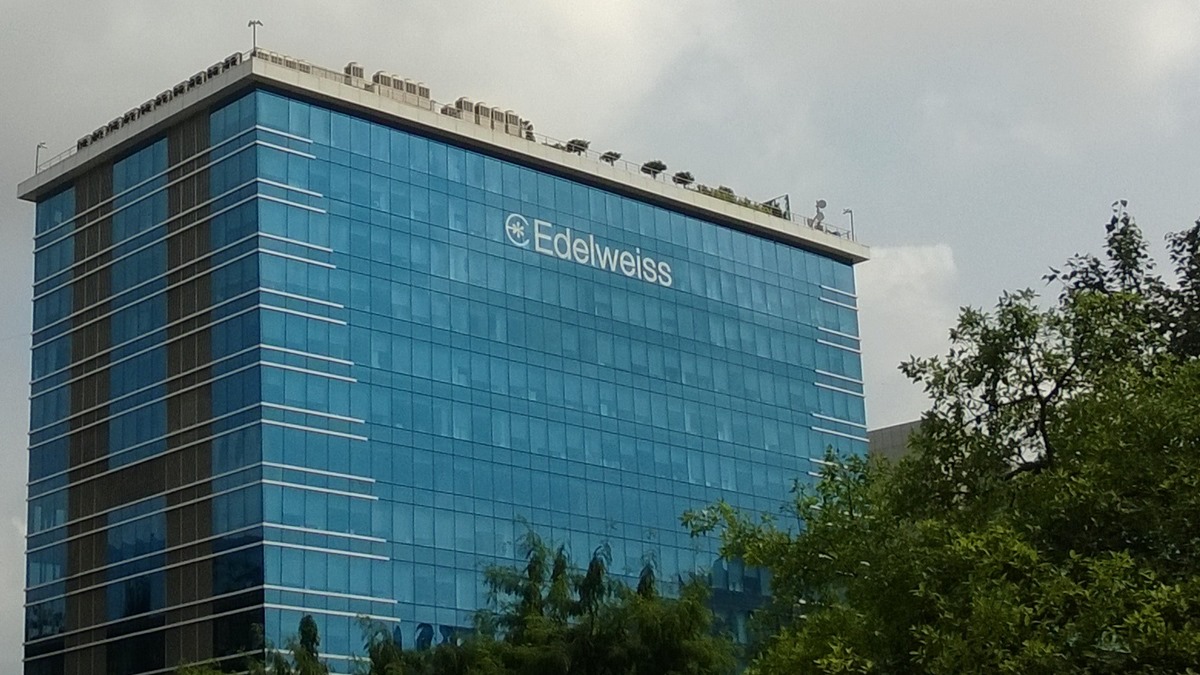Edelweiss Group chairman Rashesh Shah believes one reason why risk-taking by the private sector isn’t coming back is because promoters are wary of taking on debt even though equity is available. Shah tells Shobhana Subramanian the new generation of businessmen prefers to invest in existing business rather than set up capacity on their own.
We seem to be in a virtuous cycle, what would you say are the key risk factors?
I think Indian economy has scale at $4 trillion but there are a couple of risks. One is inflation, local and global. India has always been highly vulnerable to inflation, which affects our oil prices, even the political commentary.Also, the balance sheets of the lower middle class and the rural households are broken. They’ve borrowed more for consumption which is a risk because ultimately their discretionary consumption is going to be affected by the borrowing as well as by inflation.
Why do you think promoters are unwilling to take risks?
I think it’s a good time to take a long-term risk, say for 10-15 years. But animal spirits are not getting unleashed because while equity is available, credit is not as easily available for this kind of risk-taking. Everybody’s worried about whether after seven years will my project get done? And if the steel cycle is down or cement cycle is down, I’ll become an NPA and it will result in all the other problems. So they’re saying, let me buy an existing steel or cement company, rather than risk a greenfield project.
You have been making the point that the second generation only wants to invest in existing businesses.Yes, because I think most people are happy with putting in equity, but they are very hesitant to raise debt. It was not the same maybe 20 years ago. Now people are saying debt is a risk because if there is a failure, I will have a huge amount of issues. So, people are really worried about taking any risk on the debt side.
Our investors and markets seem to have matured…
Yes, I think that our equity markets have grown up a lot. Look at what we are seeing with some startups, many are closing down. There is obviously a destruction of capital that happens and that is part of the creative destruction that is there — that you will have some failures. We are able, as an economy, to accept it on the equity side a lot easily because over the last 25years we have had scams in the equity markets.
But on the credit side…
I think on the credit side, unfortunately, credit failures are hyphenated with crony capitalism and corruption. This is because we have seen such failures over the last 8-10 years with the bank NPAs.
Even today, they are not seen as normal business failures. So, we need to de-hyphenate credit failures from crony capitalism and corruption if real risk-taking is to happen.
You have said we don’t have too many scalable companies…
Yes, so what has happened is that we have a lot of startups and we have a few large companies with a track record and access to resources.
But, there are a lot of the mid-rung companies which need scalability; a company which goes from, you know, Rupees 100 crore to Rupees 1,000 crore and from Rupees 1,000 crore to Rupees 5,000 crore. So, they need access to resources and opportunities and some amount of risk-taking. It is easier in services since you are investing in people, but harder in manufacturing. We have a startup India, you know, we should also have a scale-up India.
There is lot of local liquidity…
I would think so. I think what has happened in India is that because we are a $4-trillion economy, even if household financial saving as a percentage has come down, we have a fair amount of savings in stock and that part of the financial savings is growing. We are actually not equity capital scarce anymore and that is reflected in the market.
